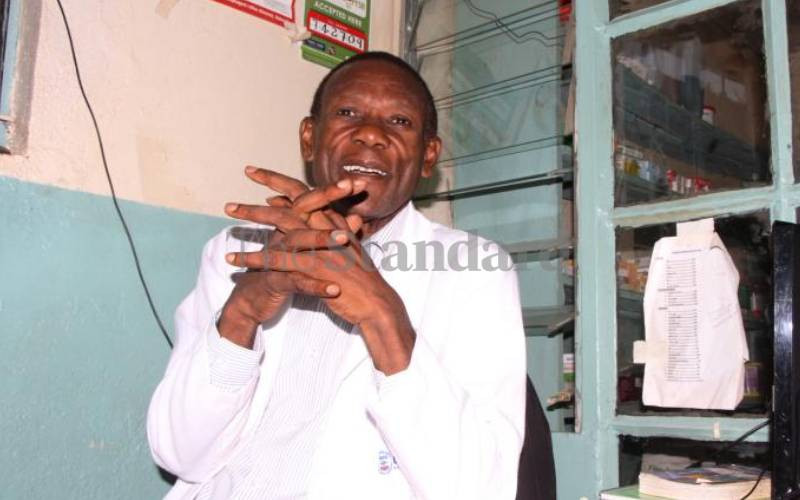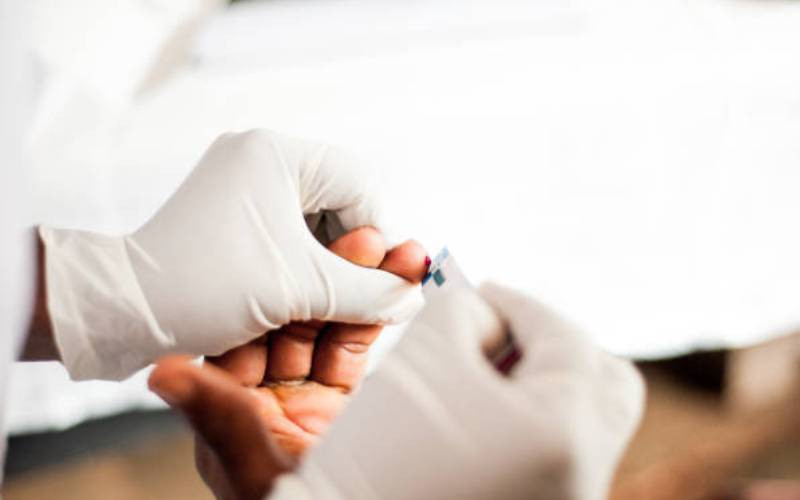Going by the kind of discourse Kenyans have been engaging in since the dawn of the Millennium, it will not be mistaken to claim that this great nation could be well on its way to becoming a model nation—for the whole world. And possibly that will be in 2030; if not, Kenya will have attained its vision just before it clicks the year 3,000. If not that year, it may delay, but by all means, it seems Kenya will arrive to the expected destiny very soon.
Some of the issues that have been grabbing the world’s attention in recent times include whether we should legalize all forms of abortion or not; whether we legalize homosexuality or not; whether we have a devolved government or not; whether we have a digital government or not; whether we have techo-cities (such as Konza) or not; whether we dress the way we want or not (My Dress My Choice); whether we talk what or the way we want(when does honest criticism become 'hate speech?). And just last week, President Uhuru sparked debate on revealing HIV status after directing that HIV statuses be made public when necessary especially if one has been infected. The debate has jarred some Kenyans into wondering why not, since the My Dress My Choice, 'My Sexual Orientation My Choice' debates, incorporate 'My Status My Choice' into the mix, and thereby further increase our chances of being the most democratic nation in the world? And many such kinds of dialogue.
Indeed why is it more a sign of “free people and free minds” to talk about 'my dress my choice', 'my sexuality my choice', than it is to be 'proud' of one's health status. Aren't all the three issues, just to name but a few, personal, if not strictly private? Why does it seem okay in our nation for everyone else to talk freely about someone else's cancer, malaria, or mental status (especially if the persons in question are sick) or seemingly a taboo— if not the height of insensitivity—to talk openly about one's or another person's HIV status (also especially if they are positive)? That is foul hypocrisy.
All in all, the discourse-essentially—must bring with it the suggestion (an apt one at that) that it is time we eradicated HIV. This is what the discourse must turn on.
Indeed it appears that protecting the people who have the virus from stigma is nothing but counterproductive. And in any case it is not only the HIV infected and affected who experience 'stigma' to the extent that the vice is criminalized—especially if it involves an HIV-positive person. Why not also when a person is terminally ill from other 'major' diseases such as cancer, epilepsy? Is it really positively criminal in Kenya to discriminate someone on the basis of their tribe, gender, race, nationality, social status? Don't the 'poor of the poor' experience 'stigma' from the wealthy?
In fact, what is 'stigma'? It is a 'wide' term applying to any king of 'ostracization' of people for any possible reason; not specifically to HIV-infected and affected people. Hence I suggest the abolishment of this narrow-minded application of the term stigma. Hence all forms of stigma should have long since been criminalized and heavily punished. Else the stigma against the HIV positive should be de-criminalized forthwith—for fairness's sake; for logic's sake.
Indeed I am led to think that the act of protecting people with HIV from discrimination should be annulled on the grounds that other forms of the vice against other sick people have not been strictly criminalized. Secondly, The Act, apparently, gives any reasonable person the confidence to assert it, giving the evil-minded HIV persons the 'license' to propagate the virus without being held accountable. That after all, they will die of AIDS! That after all, for some of them, it is not their fault that they have the virus. So any other disease-negative person must get it too! That is flawed thinking, to say the least. To say 'a lot', it is criminal.
It is not only them who, in this evil-dominated world, happen to be 'victims of circumstance. Anyone else can and does fall victim to things out of their control, not of their own making even. This is their situation de-constructed.
The argument against the Act in question is much clearer here: it only enables the HIV-positive to live longer(er). It is unacceptable for the same not to have checked the 'demeanour' of the persons. It all explains why it has been next to impossible to curtail, exterminate the virus and the attendant AIDS.
That aside, the dialogue concerning whether to restrict or lift the lid off people's health statuses (which is only one aspect of the ever-sensitive issue of 'privacy') put, if one approves the latter, on slippery slope. In other words, there is nothing anymore to stop the opponents of 'publicizing', or 'broadcasting' other people's (including their own) health condition, from requiring that—for the sake of the utopian ideal of transparency and accountability—-that people, especially the stinking rich among us (in another sense our politicians), publicly declare their wealth and means of income. That this should be entrenched in the Constitution.
When all this is done, that is the only time when we will have the model Kenya? Otherwise, it is just wishful thinking to talk about the 'Kenya we want' without such radical reforms.
 The Standard Group Plc is a
multi-media organization with investments in media platforms spanning newspaper
print operations, television, radio broadcasting, digital and online services. The
Standard Group is recognized as a leading multi-media house in Kenya with a key
influence in matters of national and international interest.
The Standard Group Plc is a
multi-media organization with investments in media platforms spanning newspaper
print operations, television, radio broadcasting, digital and online services. The
Standard Group is recognized as a leading multi-media house in Kenya with a key
influence in matters of national and international interest.
 The Standard Group Plc is a
multi-media organization with investments in media platforms spanning newspaper
print operations, television, radio broadcasting, digital and online services. The
Standard Group is recognized as a leading multi-media house in Kenya with a key
influence in matters of national and international interest.
The Standard Group Plc is a
multi-media organization with investments in media platforms spanning newspaper
print operations, television, radio broadcasting, digital and online services. The
Standard Group is recognized as a leading multi-media house in Kenya with a key
influence in matters of national and international interest.









